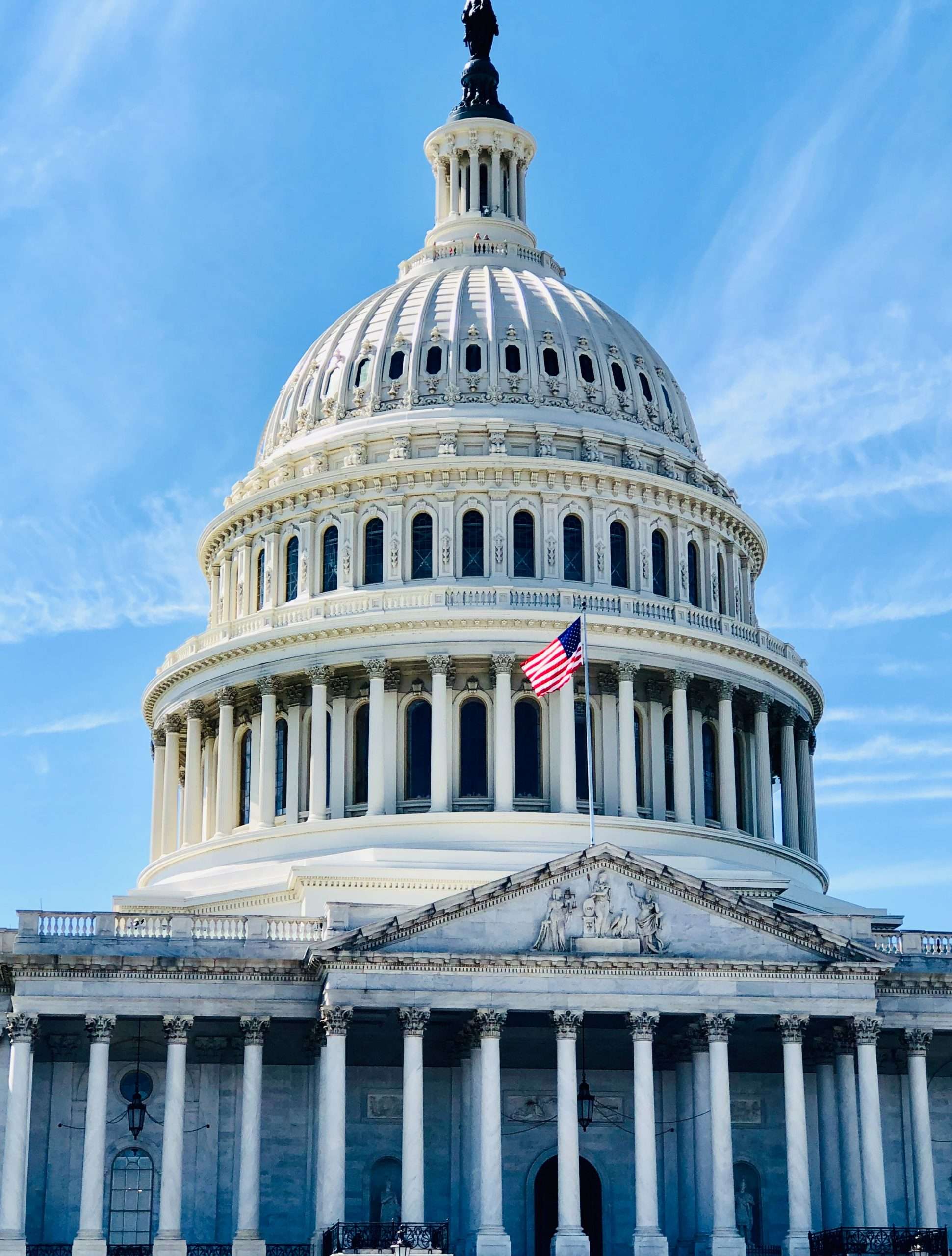USAID Headquarters Building Closed and Website Offline.
The reported closure of the United States Agency for International Development (USAID) has sent shockwaves through the international development community and sparked widespread concern about its potential impact, particularly in regions heavily reliant on USAID’s support, such as the Caribbean. The abrupt announcement, purportedly stemming from a conversation between billionaire Elon Musk and former President Donald Trump, alleges the agency is riddled with corruption and beyond repair, necessitating its complete shutdown. This drastic measure, if implemented, could have far-reaching and devastating consequences for vulnerable nations and populations dependent on USAID’s multifaceted assistance programs.
The potential ramifications for the Caribbean are particularly alarming. USAID plays a crucial role in supporting economic development, disaster relief, public health initiatives, education, security cooperation, and humanitarian aid throughout the region. The sudden withdrawal of this support could cripple vital programs and leave Caribbean nations grappling with significant challenges. Economically, the loss of USAID grants and technical assistance could stifle growth, hinder job creation, and leave critical infrastructure projects unfinished, increasing vulnerability to natural disasters. The Caribbean’s susceptibility to hurricanes and other extreme weather events underscores the importance of USAID’s support for disaster preparedness and recovery, a function that would be severely compromised by the agency’s closure.
The impact on public health is equally concerning. USAID funds critical programs combating infectious diseases like HIV/AIDS, tuberculosis, and Zika, as well as supporting maternal and child health initiatives. The disruption of these programs could have devastating consequences, jeopardizing access to life-saving treatments and undermining efforts to improve public health outcomes. Similarly, the potential loss of USAID funding for education and youth development programs could disrupt efforts to improve literacy, vocational training, and reduce youth unemployment, potentially leading to increased crime rates and social instability.
Security cooperation is another area where USAID plays a vital role in the Caribbean. The agency supports law enforcement efforts to combat drug trafficking, human trafficking, and gang violence. The withdrawal of this support could weaken border security, embolden organized crime, and create a vacuum that could be exploited by other nations seeking to expand their influence in the region, such as China and Russia. Moreover, the disruption of USAID’s migrant aid programs could exacerbate the already challenging migration situation in the Caribbean, potentially leading to increased irregular migration and straining immigration systems in destination countries like the United States.
The potential political and diplomatic fallout from USAID’s closure is also significant. Caribbean nations, facing the sudden withdrawal of crucial development assistance, might seek alternative sources of support from other international partners, such as China or the European Union. This shift could diminish U.S. influence in the region and weaken diplomatic ties, potentially impacting trade and security partnerships. The Caribbean Community (CARICOM) might be compelled to reassess its relationship with the U.S. and explore alternative alliances to secure the necessary resources for its member states.
The reported closure of USAID raises serious questions about the legality and due process of such a drastic measure. Democratic lawmakers have challenged the former president’s authority to unilaterally shut down a government agency without congressional approval. Furthermore, the circumstances surrounding the agency’s closure, including Musk’s involvement and access to sensitive government information, raise concerns about transparency and potential conflicts of interest. The lack of official confirmation and the abrupt nature of the announcement have created confusion and uncertainty, underscoring the need for clarity and accountability in this matter. The international development community and the vulnerable populations who rely on USAID’s assistance await further clarification and hope for a resolution that prioritizes the continuation of vital programs and support.
Share this content:












Post Comment